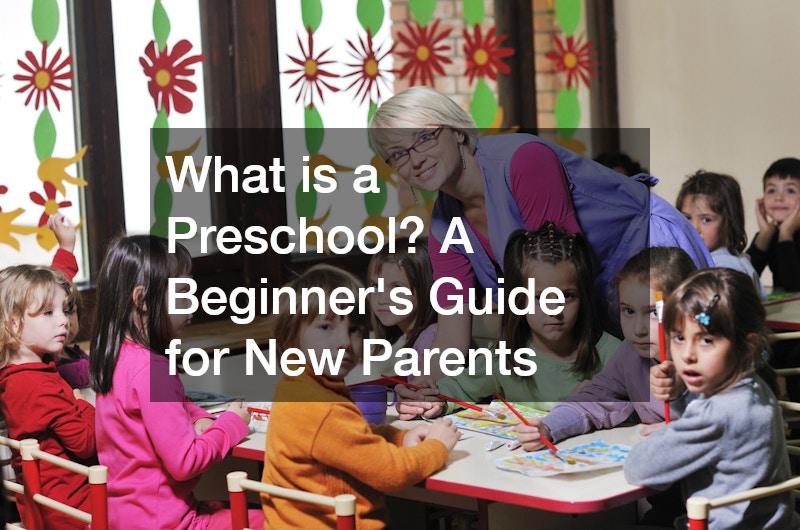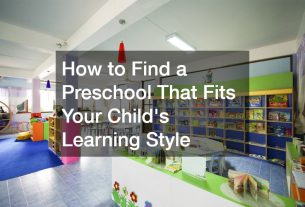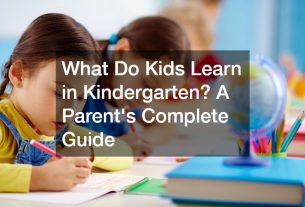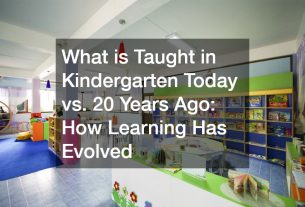
As a parent, one of the earliest and most important decisions you’ll make about your child’s education is whether to enroll them in preschool. But what is a preschool, exactly? Simply put, it’s an early childhood education program that helps children—typically between the ages of 3 and 5—develop essential social, emotional, and cognitive skills before entering kindergarten.
Preschool isn’t just about ABCs and 123s. It’s a structured environment where young children learn through play, guided activities, and interactions with peers and teachers. For first-time parents, understanding how preschool works, what to expect, and how to choose the right one can feel overwhelming.
This guide will walk you through everything you need to know to get started confidently.
What Is a Preschool and Why Does It Matter?
Preschool is often a child’s first experience in a structured educational setting. These programs focus on preparing children for kindergarten and beyond by teaching them fundamental skills in a fun, nurturing environment.
In preschool, children learn to:
- Follow simple instructions and routines
- Develop language and communication skills
- Engage in problem-solving and critical thinking
- Play cooperatively with others
- Express themselves through art, music, and storytelling
Preschool lays the groundwork for future academic success and helps children develop confidence and curiosity. The early years are crucial for brain development, and quality preschool education has been linked to better long-term outcomes in both school and life.
What Do Children Learn in Preschool?
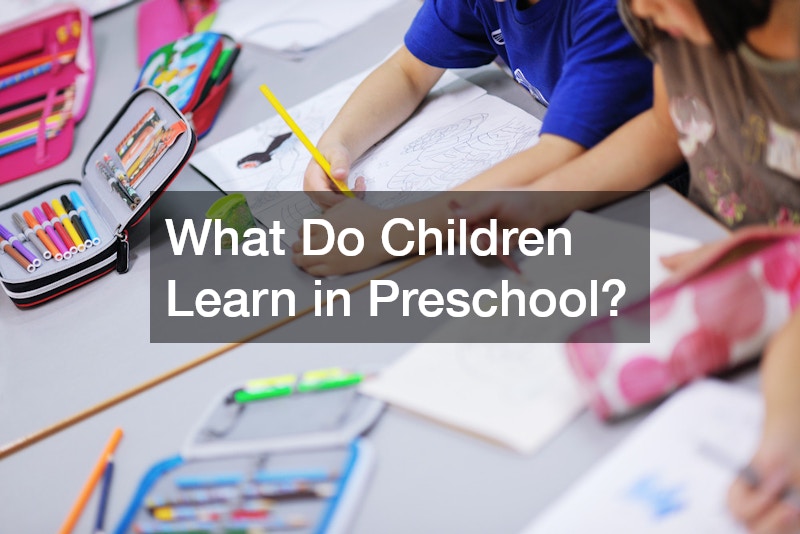
Preschool programs are designed around developmentally appropriate activities that stimulate young minds while encouraging socialization and emotional growth. But learning in preschool goes beyond numbers and letters.
Here’s a look at the key areas of development preschool focuses on:
1. Cognitive Development
- Recognizing shapes, colors, numbers, and letters
- Solving puzzles and engaging in hands-on exploration
- Asking questions and discovering how things work
2. Language and Literacy
- Storytime and vocabulary-building activities
- Singing songs and learning rhymes
- Beginning phonics and letter recognition
3. Social and Emotional Skills
- Sharing and taking turns
- Expressing emotions appropriately
- Building friendships and respecting others
4. Physical Development
- Developing motor skills through play and movement
- Using scissors, crayons, and blocks to improve coordination
- Outdoor play for building strength and agility
How Is Preschool Different from Daycare?
Many parents wonder how preschool differs from daycare. While both provide care for young children, their goals and structure vary.
| Feature | Daycare | Preschool |
| Focus | Childcare, supervision | Early learning and development |
| Curriculum | Flexible, play-based | Structured, education-based |
| Age Range | Infants to preschoolers | Usually 3–5 years old |
| Hours | Often full-day | Half-day or part-time options |
| Staff | May include caregivers | Trained early childhood educators |
If you’re focused on academic and developmental readiness for school, a preschool program is likely the better fit.
How to Find a Preschool That Fits Your Family
Finding the right preschool can be challenging, especially with so many options available. It’s not just about location or cost—it’s about choosing a program that aligns with your child’s personality and your family’s values.
Here are some tips on how to find a preschool that’s right for your child:
- Visit in Person: Observe classrooms, meet the teachers, and get a feel for the learning environment.
- Ask Questions: Inquire about the daily schedule, curriculum, discipline strategies, and teacher qualifications.
- Check Credentials: Look for licensed or accredited programs that follow early childhood education standards.
- Trust Your Gut: Go with a school that feels welcoming and safe, where your child is excited to return.
Remember, the best preschool is one where your child feels secure, supported, and encouraged to explore and grow.
What Types of Preschools Are Available?
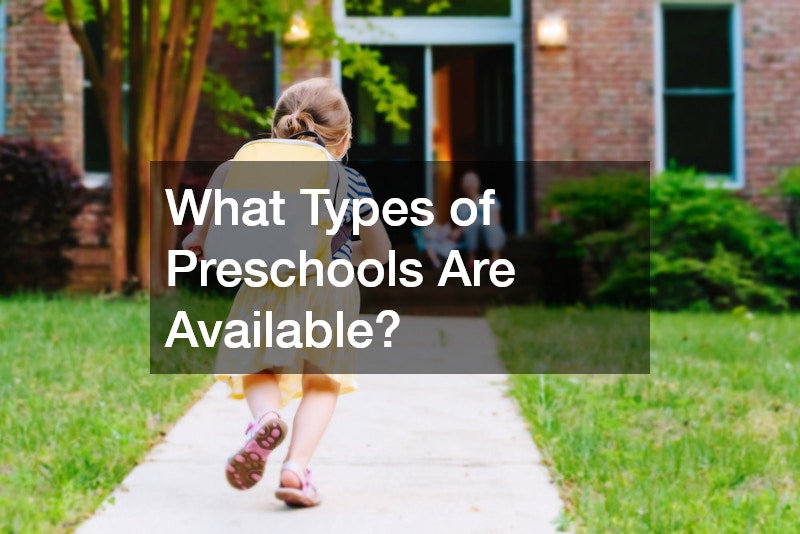
Preschools come in various formats, each with its own teaching style and philosophy. Understanding these differences can help narrow down your choices.
- Montessori: Focuses on self-directed learning and hands-on activities.
- Reggio Emilia: Encourages creativity and collaborative exploration.
- Waldorf: Emphasizes imagination, nature, and routine.
- Play-Based: Uses play as the primary method for learning.
- Academic-Based: Centers more on structured lessons and skill development.
There’s no one-size-fits-all solution—each child thrives differently. Visit different types of programs to see what best suits your child’s temperament and interests.
Final Thoughts: Is Preschool Right for Your Child?
Deciding whether to send your child to preschool—and which one to choose—can be a big decision. However, with a bit of research and reflection, you’ll find a program that sets your child up for a lifetime love of learning.
Preschool is more than just preparation for kindergarten. It’s a vital step in helping your child develop independence, confidence, and foundational skills. Whether you’re looking for a nurturing space, an academically focused environment, or a mix of both, preschool can offer the support your child needs to thrive.
